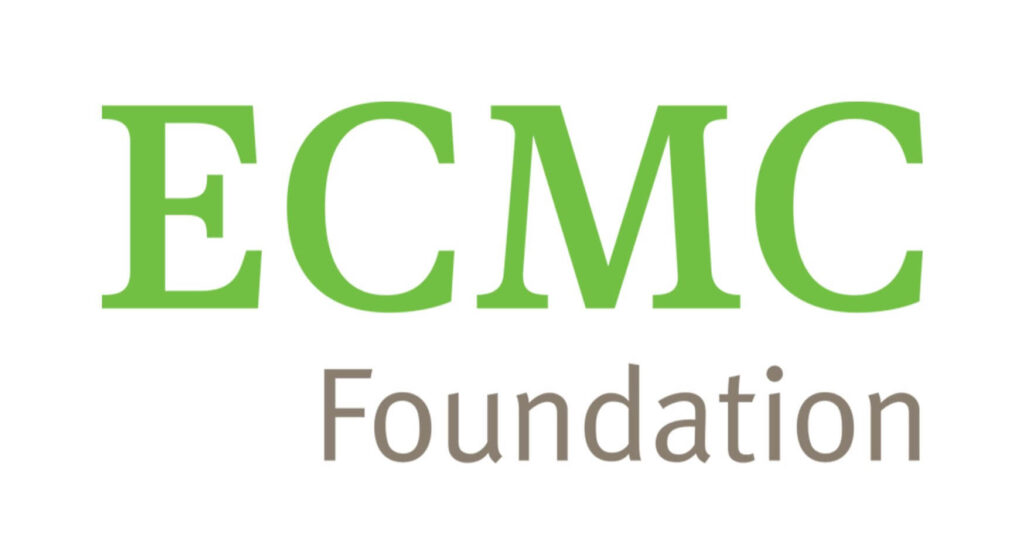We are excited to begin work on a new project funded by the ECMC Foundation! The project is led by Education Research & Opportunity Center Director and Principal Investigator Cameron Sublett in partnership with ACTE, Advance CTE, and the Tennessee Board of Regents. This project investigates the intersection of artificial intelligence (AI), workforce automation, and career and technical education within Tennessee’s community and technical colleges. Through this grant, we aim to develop a comprehensive understanding of AI’s impact on workforce demands and the necessary adaptations for CTE programs. The project will establish a Networked Improvement Community among Tennessee practitioners to develop AI-resilient postsecondary CTE pathways.
Building resilient community and technical college CTE programs is essential for preparing students to thrive in a rapidly evolving workforce. Resilience in CTE programs ensures that students can adapt to technological advancements, such as artificial intelligence and automation, which are reshaping job requirements and industry standards (Hecker & Briggs, 2021). By integrating these technological advancements into CTE curricula, educational institutions can better equip students with the skills necessary to navigate and succeed in the labor market. Building resilient CTE programs contributes to economic stability and growth by producing a workforce that meets the dynamic needs of employers (Carnevale et al., 2009; Durham & Bragg, 2019; Stevens, 2019). This adaptability is critical in community and technical colleges, which serve diverse and often underserved populations, providing students with opportunities for upward mobility and economic security (Minaya & Scott-Clayton, 2020). Investing in resilient CTE programs is not only beneficial for individual students but also essential for broader economic progress.
ECMC Foundation is a national foundation dedicated to closing equity gaps in postsecondary education. Using a variety of funding methods, the ECMC Foundation focuses on removing barriers to postsecondary completion, building organizational capacity, and transforming the postsecondary ecosystem. Their mission is to improve higher education for underserved populations through evidence-based innovations, striving for a future where all learners, regardless of background, have equal opportunities for educational and career success. This grant demonstrates ECMC Foundation’s commitment to equity and student-centered strategies that foster greater social and economic mobility for all.
Visit ECMC Grants for more information about the ECMC Foundation.

References
Carnevale, A. P., Smith, N., & Strohl, J. (2010). Help wanted: Projections of job and education requirements through 2018. Lumina Foundation.
Durham, B., & Bragg, D. D. (2019). The contested evolution and future of vocational education in the United States. The Wiley handbook of vocational education and training, 227-250.
Hecker, I., & Briggs, A. (2021). Overlooked and underconnected. https://www.urban.org/sites/default/files/publication/103460/overlooked-and-underconnected-exploring-disparities-in-digital-skill-levels-by-race-among-older-youth-in-the-us.pdf
Minaya, V., & Scott-Clayton, J. (2022). Labor market trajectories for community college graduates: How returns to certificates and associate’s degrees evolve over time. Education Finance and Policy, 17(1), 53-80. https://doi.org/10.1162/edfp_a_00325
Stevens, A. H. (2019). What works in career and technical education (cte)? A review of evidence and suggested policy directions. Expanding economic opportunity for more Americans: Bipartisan policies to increase work, wages, and skills, 40-54. https://www.luminafoundation.org/wp-content/uploads/2019/03/what-works-in-cte.pdf
